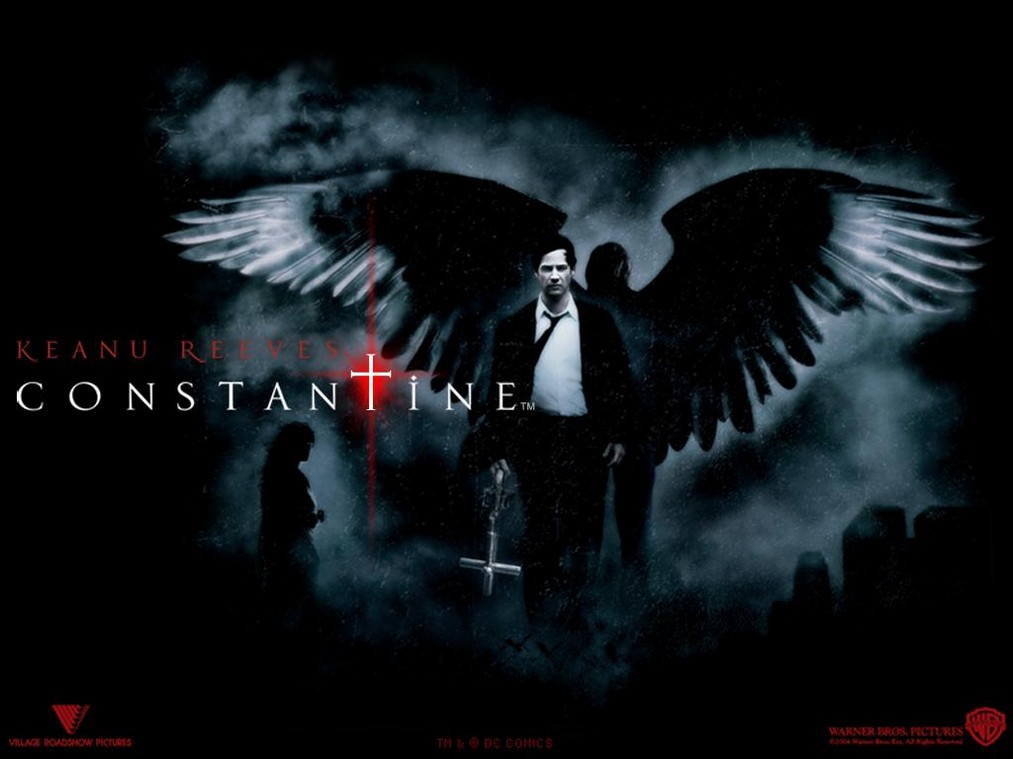NARRATIVES OF SUSPICION
All Our Heroes are Detectives
PARANOIA PRODUCES SOME GOOD LITERATURE
Tom Durwood
Mistrust of authority has always existed, I’m sure, but it seems to have blossomed in the twentieth century. Now it is everywhere, and the hero who can cure it – the detective – is, too. In her recent book, The Metanarrative of Suspicion: in Late Twentieth Century America, author Sandra Baringer discusses the wide range of stories we have invented in which we suspect that the truth is being withheld from us. Stories of suspicion include everything from Harry Potter to The X-Files to Independence Day and all the CSI television shows. What connects tales from quaint Sherlock Holmes puzzles to the epically paranoid The Matrix to the routine worries of Law and Order is this premise: someone is trying to scam us, and something (usually something really important) is not at all what it seems. Narratives of suspicion give us an outlet for our deep doubts about who is really in charge of the hopelessly complex world we live in. They support the idea that if we could just see through the clever masks of the people around us, we would see what unfair treatment is being dished out.
The detective is a hero with his (there are some female detectives, but for some reasons they are mostly males) own rules. While he is strong, and smart, and has a true heart (like the traditional hero), he has a special power – a sort of x-ray vision, where he can see
All the Harry Potter books are essentially detective stories.
Through appearances and uncover the alarming truths beneath modern life. Where an old- fashioned, strong hero – Hercules, Ulysses, Daniel Boone – must defeat his foe, the detective’s victory is in simply identifying the villain: uncovering evil’s disguise is the heroic act (a fistfight afterwards is just for show). The detective hero lives in a city. He is often on his own – he has no family and he is discredited by the authorities who run the city. He prefers night-time. He alone sees the true path of evil. He travels into the underground to return with an object, a talisman of the netherworld, which will help him on his quest. A beautiful woman stands in his way on the quest; she betrays him. A less alluring (but loyal) woman assists him, as do sidekicks who fall by the wayside. He encounters minor puzzles to solve as he tracks his foe, and these minor victories over evil henchmen contribute to his wisdom (since he is always on the wrong track at first).
We can begin to divide detectives into several categories: Detectives Standing Against Big Brother or Mysterious Govt. Agency (Enemy of the State, Person of Interest); Discreet British Murder Mystery Detectives (Hercule Poirot, Miss Marple, all Agatha Christie books); Private Eye Detectives (The Maltese Falcon, Sam Spade, Charlie Chan, Lew Archer, most film noir); Police Detectives; Supernatural Detective Stories (Constantine, Rosemary’s Baby, The Thing), Science Fiction Detective Stories (Blade Runner, Minority Report, Alien), Comic Book Detective Stories (Batman, The Watchmen); Magic Detectives (all the Harry Potter books are essentially detective stories. Who is the Half-blood prince? Where are the clues to the horcruxes?) The list goes on and on.

Poster for the 2005 film Constantine. He is a detective of the supernatural.
Every hero derives his power from the age that created him. The American private eye blossomed in the 1940’s just as American families were moving in huge numbers from small towns to the big city – a scary place where you no longer knew the neighbors, or trusted the police. Detective stories continue to spring up like weeds because we don’t understand the modern world surrounding us. And what we do not understand, we fear.
As Prof. Baringer puts it:
Acceptance of the beast within as a given of millennial America achieved as sort of official status in popular discourse by the turn of the century.
These narratives are beyond asking who killed JFK. Rather, they operate on the common ground of an assumption that our government conceals profound and terrible secrets from us.
Whoa! What? By “the beast within,” she seems to mean a dark heart within our democracy, an inherent suspicion that ours is not a democracy at all but some kind of puppet show in which higher powers are pulling the strings (for nefarious purposes). Harry Potter faces exactly such a situation when the Ministry of Magic turns against him; so does Matt Damon in Elysium, when he discovers that the government is secretly withholding the best resources from the working classes; so does Tom Cruise in Minority Report, and on and on. This is the “common ground” or master narrative that appears and reappears in so much of our fiction.
You will be surprised by how wide-spread stories of suspicion can be. A new crop (MTV’s Catfish) is on its way.
# # #